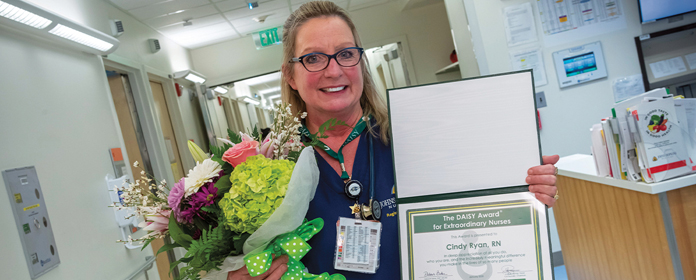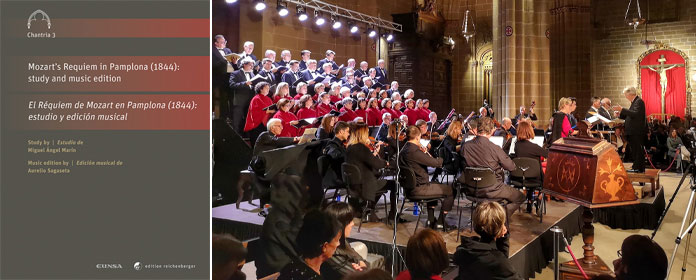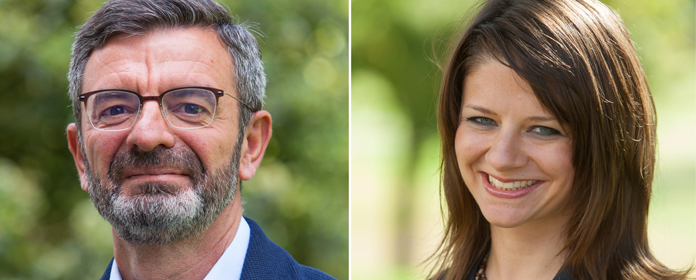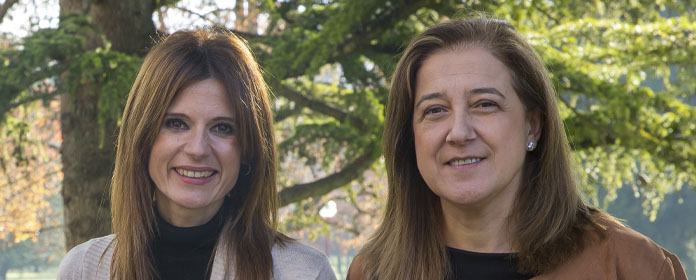The University of Navarra is part of a project that has received funding from the European Commission for research on palliative sedation
The study aims to clarify what is meant by palliative sedation, understand the bioethical connotations of its use, and establish guidelines for its appropriate clinical application in Europe
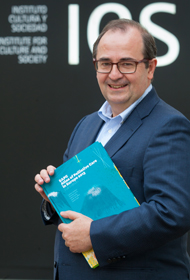
FOTO: Manuel Castells
The University of Navarra is part of a project that has received a Horizon 2020 grant from the European Commission for research on palliative sedation. The ATLANTES Program of the Institute for Culture and Society (ICS) will lead the project with other institutions from the Netherlands, Hungary, Belgium, Romania, Germany, the United Kingdom and Italy, as well as with the European Association of Palliative Care (EAPC).
The project aims to clarify what is meant by palliative sedation, to understand the bioethical connotations of its use and to establish appropriate clinical application at the European level.
Carlos Centeno, principal investigator of the ATLANTES Program, speaks to the necessity of clarifying this topic because "not everyone understands the same thing for palliative sedation, nor does everyone practice it in the same way… Does it mean decreasing the level of consciousness or that the patient is unconscious? Does it aim to reduce the patient’s level of consciousness just enough so that she is calm? Or to additionally reduce the patients’ signs of suffering?" he asks.
In particular, the ATLANTES team will start the project with an in-depth review of existing literature on palliative sedation in order to define what it means to sedate appropriately. "We must establish a definition for appropriate sedation," Dr. Centeno notes "because we all have to use the same assessment measures in order to compare studies, centers and the effectiveness of medications."
In addition, ATLANTES will coordinate a study that aims to find how sedation is practiced in eight European countries. They will comparatively analyze practices, legislation and existence of clinical guidelines in the different countries.
A multi-center European projectRadboud University (The Netherlands) will be responsible for the coordination of the project in which, in addition to the University of Navarra, other participants include the University of Pecs (Hungary), the Catholic University of Leuven (Belgium), the Hospicio Casa Sperantei (Romania), the University Hospital of the University of Bonn (Germany), the University of Lancaster (United Kingdom), the “La MaddalenaS.pa” Care Center (Italy) and the European Association of Palliative Care European Association of Palliative Care (EAPC).
The researchers believe that palliative sedation currently has a very negative image when it is confused with accelerating death. However, they argue that palliative sedation is always indicated to alleviate pain when symptoms that are impossible to treat with ordinary means are present. "Although it is used in the final stretch of an illness, this does not imply that the patient dies as a result of its application," Carlos Centeno points out.
The project will be developed over five years and will consist of seven phases. The results will be disseminated through a MOOC (Massive Open Online Course) aimed at healthcare professionals and with the organization of a conference, among other activities.


